Organic farmed salmon is a 'misnomer' and certification should stop, claim fish conservation charities
In an open letter to the Soil Association, WildFish and more than 30 other organisations have questioned the organic certification schemes for farmed salmon in Scotland.

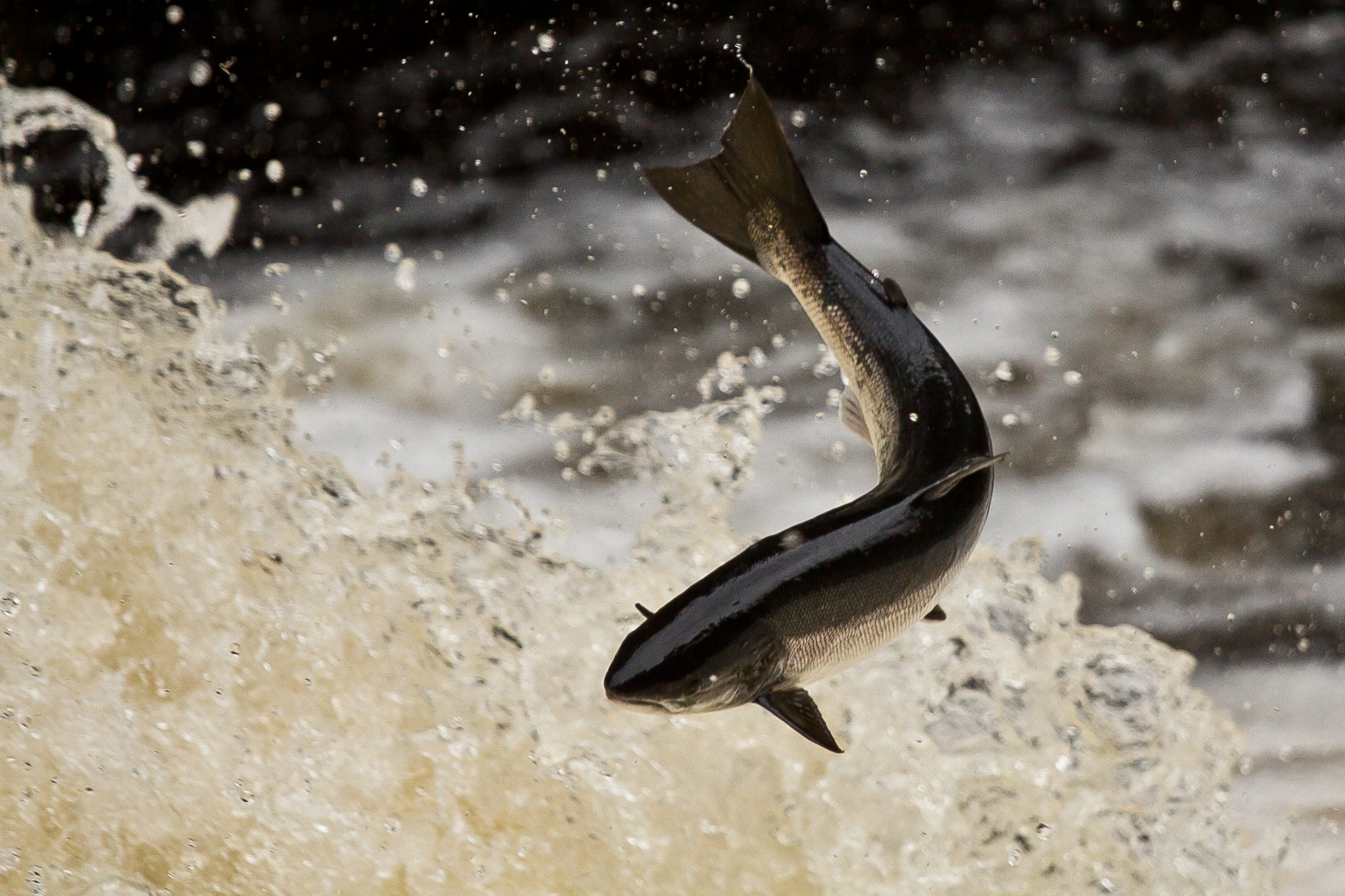
Exquisite houses, the beauty of Nature, and how to get the most from your life, straight to your inbox.
You are now subscribed
Your newsletter sign-up was successful
The Soil Association has been told to stop certifying Scottish farmed salmon as organic by more than 30 community groups and NGOs. The open letter was drafted by the conservation charity WildFish, which claims that issues with toxic chemicals and sea lice parasites render the certification a ‘misnomer’.
In the letter, which was shared with Country Life, WildFish argued that ‘the negative environmental impacts of the open-net salmon farming industry are completely counter to the organic principles of the Soil Association’. The signatories also claimed that the certification schemes for Scottish salmon ‘require lower standards than might reasonably be expected by consumers’ and that ‘breaches of the standards are rarely enforced’. The letter was signed by groups including the Blue Marine Foundation and the Pesticide Action Network.
‘So-called “organic” Scottish salmon is a misnomer,’ says Rachel Mulrenan, Wildfish senior director. ‘The fish are raised in the same way as all Scottish farmed salmon – in open-net cages, where all the waste from the farm flows straight into the surrounding lochs and sounds, including faeces and uneaten feed.’
'"Organic" salmon farms are permitted to still use highly toxic chemicals, which can kill surrounding wildlife; they still use wild-caught fish to produce feed and for parasite control (typically, wrasse used as cleaner fish), with unknown environmental impacts; and they still allow for build-up of sea lice parasites, which can spread to, and prove fatal for, wild Atlantic salmon and sea trout.
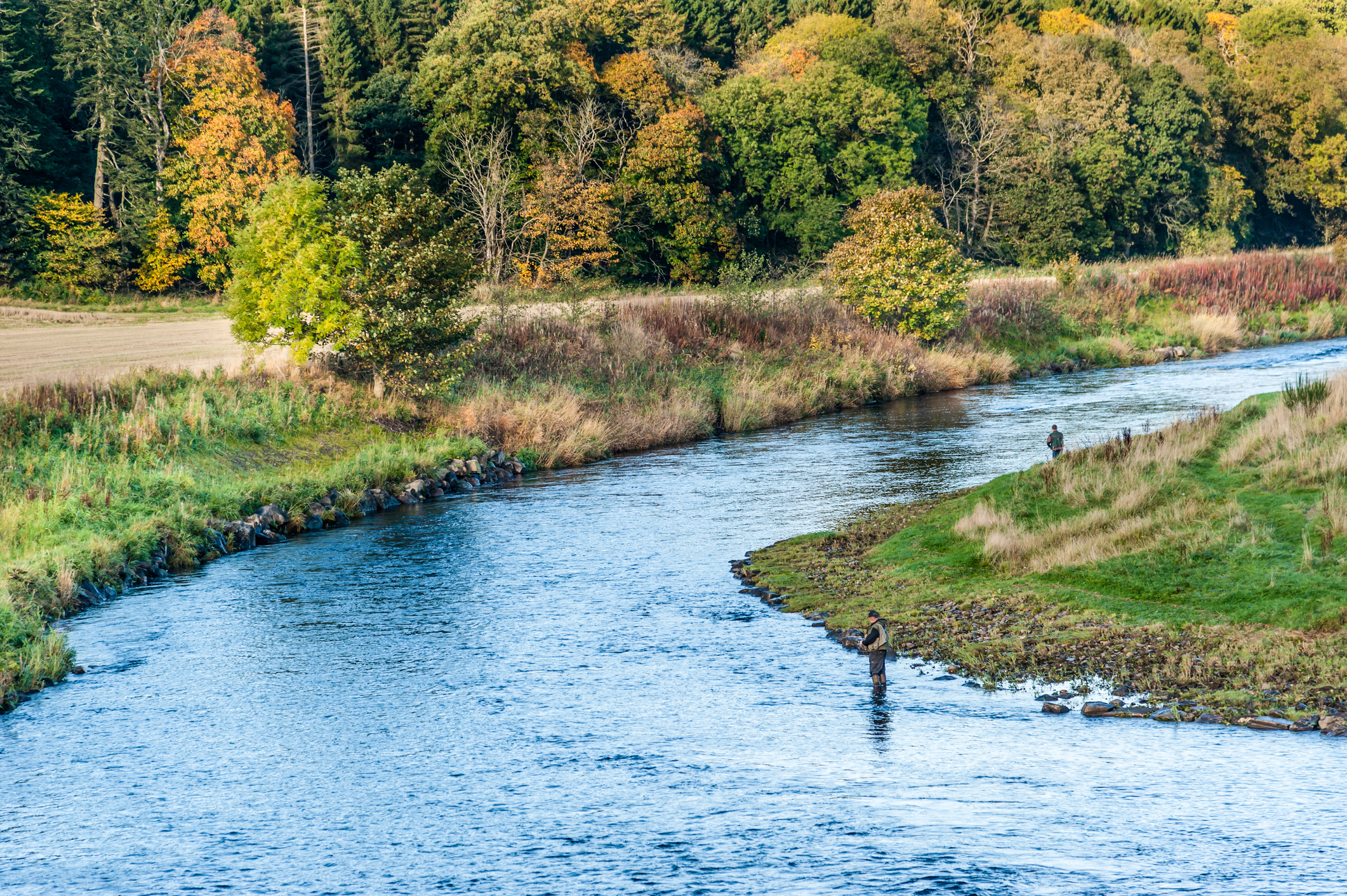
In response to the letter, a Soil Association spokesperson said: ‘Organic farms must follow strict rules to minimise impacts on the environment and animal welfare, and when problems occur, they must prove they are taking action in order to use the organic logo. We recognise there is still much work to be done to further improve fish farming, and that is why we are working with the sector to drive improvements forward. Without our involvement millions of fish would be living in worse conditions. We were one of the very first organisations to develop organic aquaculture standards in the 1990s and while we only work with a small percentage of fish farms, our rules are having a wider impact with many of these also being adopted by the non-organic sector. But there are still many challenges to be tackled and we take all concerns seriously, which is why we are currently reviewing our aquaculture standards and we will consider all the points raised today in our open process.’
The Soil Association also said that the chemicals mentioned by WildFish, such as deltamethrin, are used in extremely rare and exceptional circumstances. 'These can only be used as a last resort, and our licensees also need to be able to demonstrate they have taken other measures before resorting to these medicines. Medication must also be administered under the control of a veterinary surgeon. It is essential that farmers can follow veterinary advice to treat their animals to ensure animal welfare and prevent suffering. However, vet treatments are highly restricted in organic farming as producers must take – and be able to demonstrate – a preventative approach where animals must have more space and be kept in conditions that reduce the likelihood of parasites and disease.'
Farmed salmon is big business, with the value of salmon sold in 2022 exceeding £1.2 billion, and 169,194 tonnes produced that year. However, concerns have long been raised about the environmental damage done by mass salmon farming. A report by Wildfish released in 2023, titled Responsibly Sourced? Claimed to show the use of chemical pesticides in Soil Association Organic certified salmon farms, and undercover footage on another organic certified farm showed salmon suffering from ‘deformities and disease’. According to WildFish, that farm still remains organic certified.
Exquisite houses, the beauty of Nature, and how to get the most from your life, straight to your inbox.
However, at that time, the Soil Association disagreed, saying that WildFish ‘inadvertently identified salmon featured in its report… as organic. They are not. Soil Association organic standards do not stand for animal suffering. The fish stock filmed do not have organic status and would never be labelled as such to consumers.’
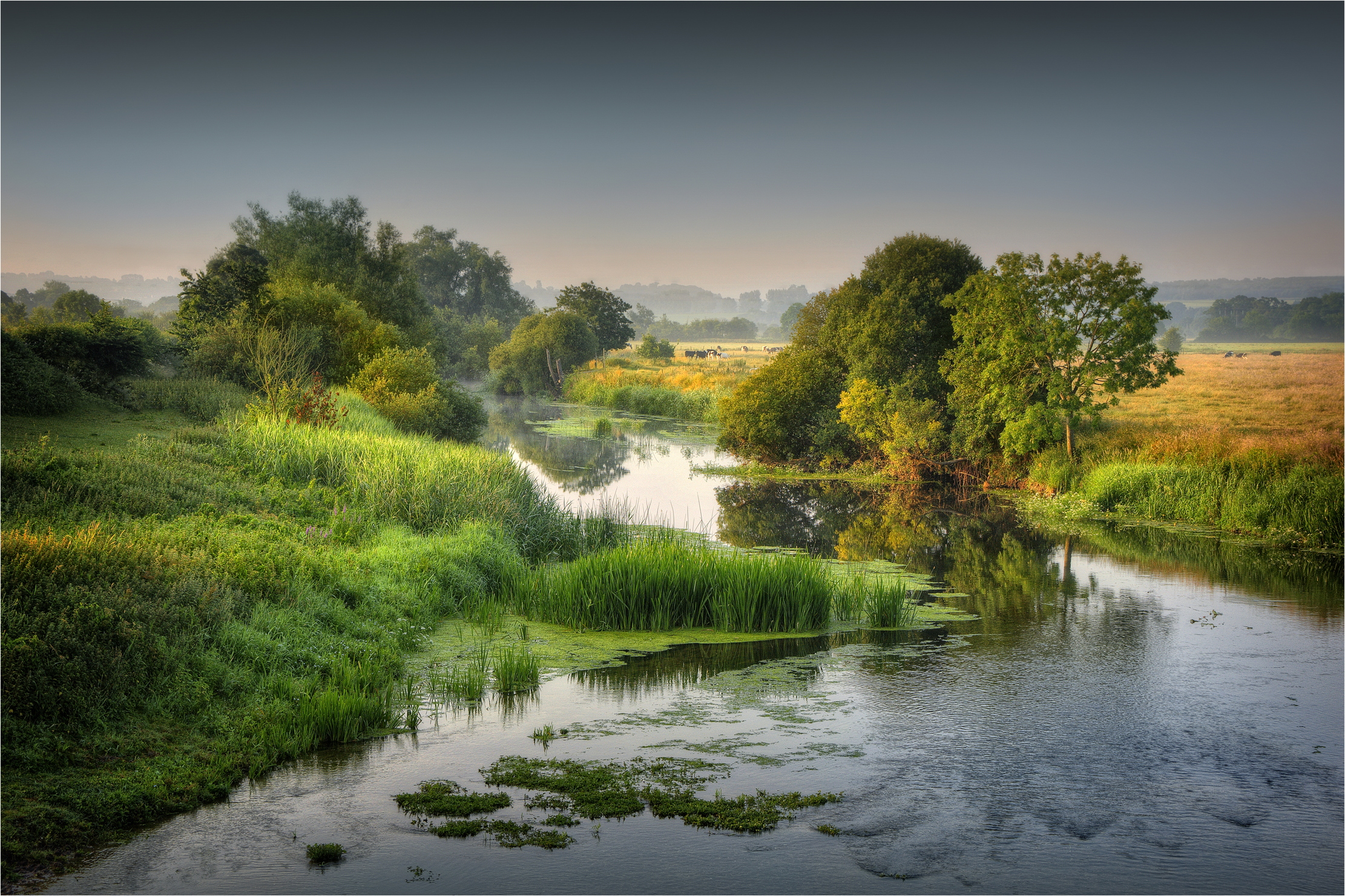
Credit: Getty Images
83% of England's rivers show 'high pollution' levels as sewage and agricultural waste flow into the waterways
Data collected by more than 640 anglers across the country have found that our rivers are in a perilous state.
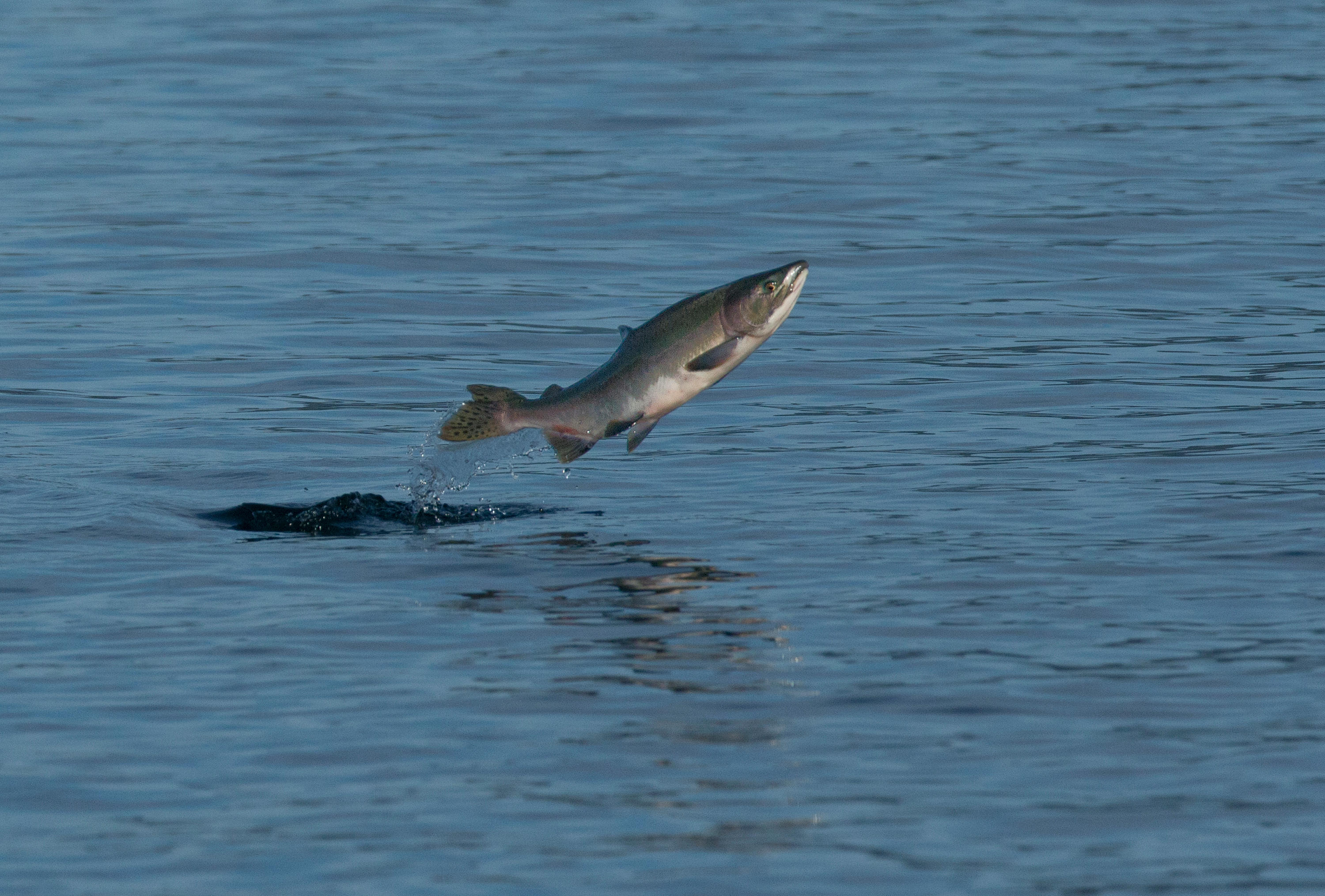
Britain braces for Pacific pink salmon invasion
Two years after large numbers were spotted in British rivers, the Pacific pink salmon is set to make a return,

Norman Foster on the Country Life podcast: 'The Green Belt is one of our greatest inventions'
Lord Norman Foster, one of Britain's great architects, joins the Country Life podcast.
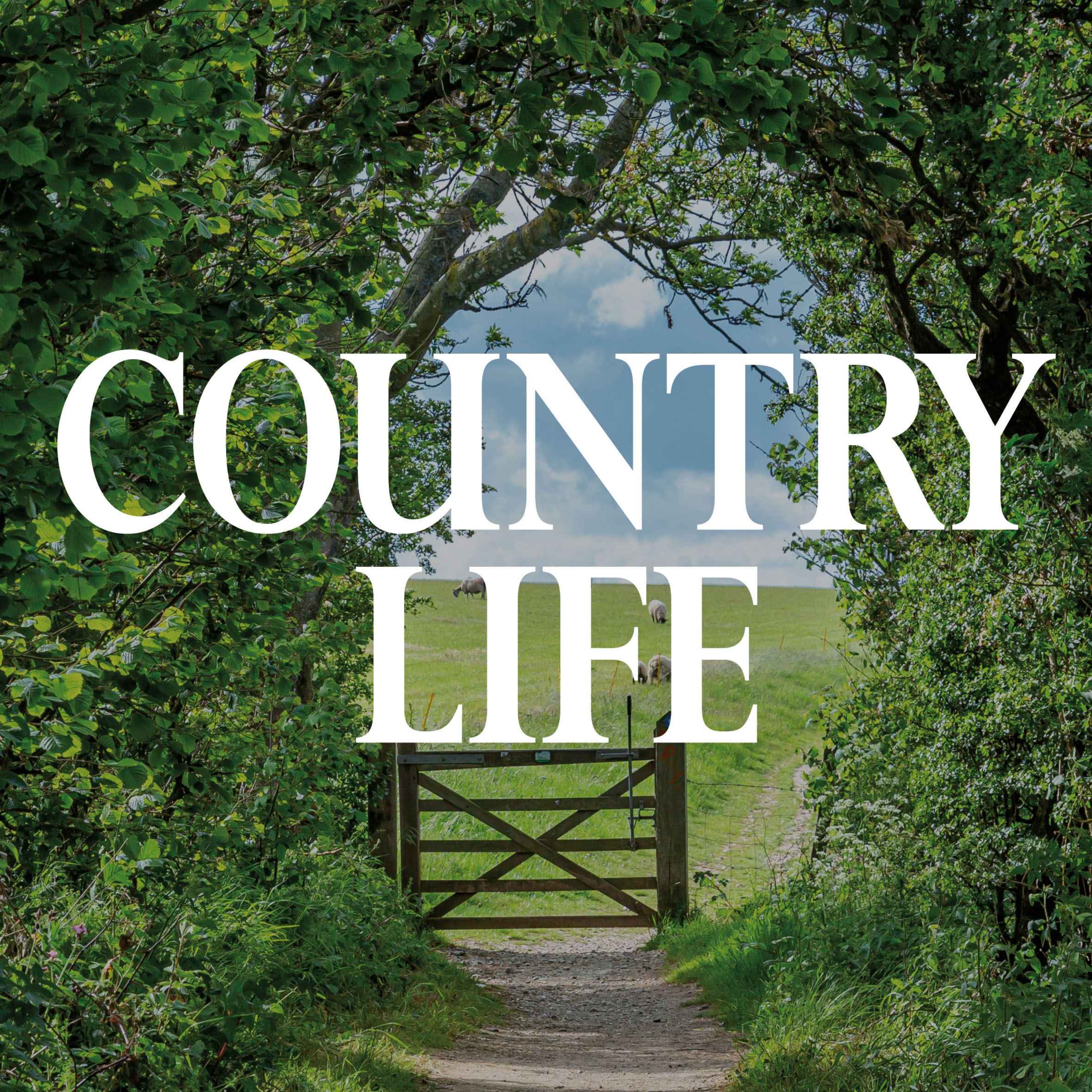
The Country Life Podcast
Listen to all the episodes of the Country Life Podcast.

James Fisher is the Digital Commissioning Editor of Country Life. He writes about motoring, travel and things that upset him. He lives in London. He wants to publish good stories, so you should email him.